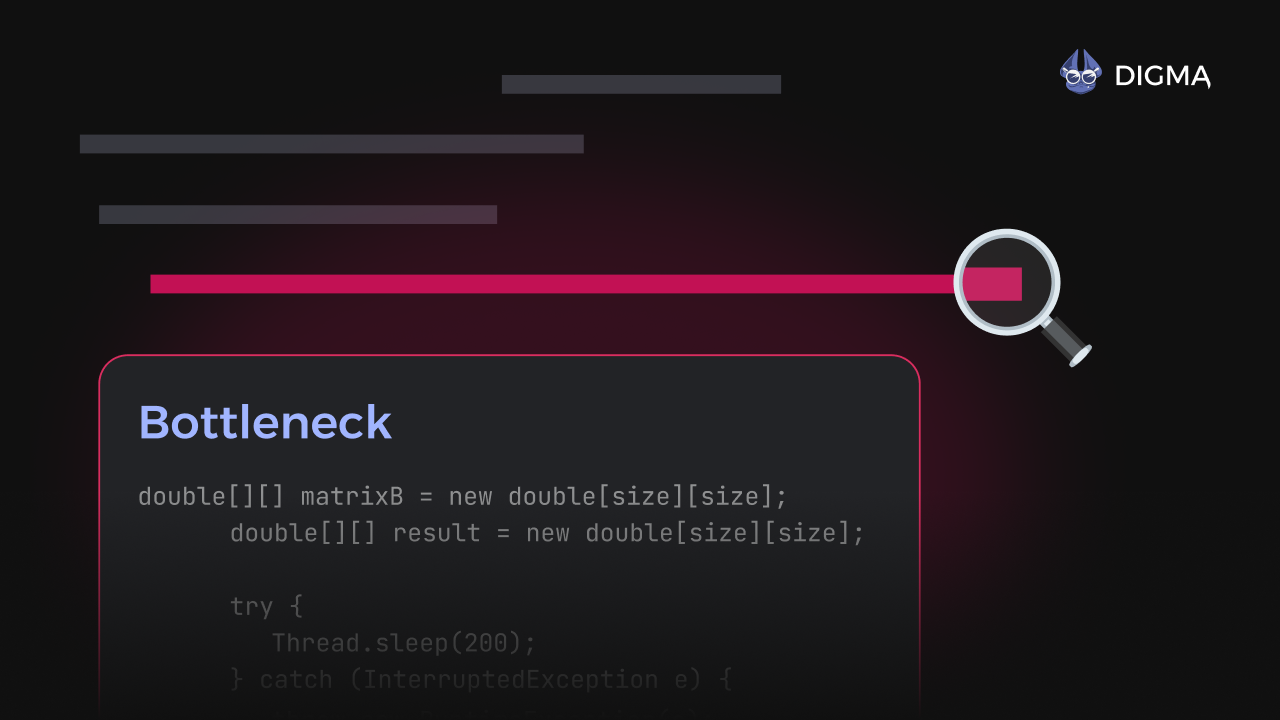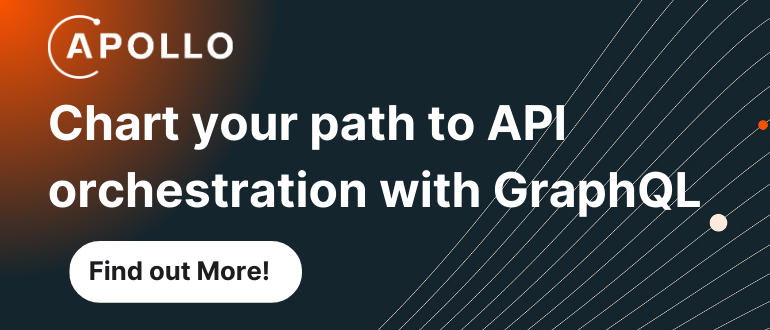Digma this week added a predictive analytics capability to its observability platform that makes it possible to identify issues before code is added to a production environment.
The Preemptive Observability Analysis engine makes use of machine learning algorithms to identify the root cause of coding issues that later will adversely impact an application running at scale in a production environment. Leveraging pattern matching and anomaly detection techniques, the Digma algorithm extrapolates expected application performance metrics, enabling it to detect deviations or potential problems that have not yet impacted the application, and then surfaces recommendations based on runtime analysis to remediate them. That approach enables the Digma platform to pinpoint code and commits that later on will, for example, adversely impact performance.
Digma CEO Nir Shafrir said that capability will prove to be especially critical as the volume of code being created in the era of artificial intelligence (AI) exponentially increases. Code created by AI tools can be especially difficult to debug simply because a developer assigned to that task isn’t familiar with how it was constructed in the first place. In effect, Digma is applying AI to inspect code created by AI assistants and human developers, he added.
The overall goal is to enable DevOps teams to leverage a sandbox environment to resolve issues as applications are developed versus relying on an observability platform that surfaces issues after an application has already been deployed in a production environment.

In addition, Digma also makes available a set of dashboards that make it simpler for stakeholders to visually track the progress of coding teams.
It’s not clear to what degree organizations have embraced observability but there is no shortage of options. Digma, however, is making a case of enabling observability as far left in the application development workflow as possible, versus relying on a set of reports generated by an IT operations team that an application development team then needs to correlate to specific lines of code. Digma is providing an observability platform designed from the ground up to serve the needs of application developers rather than the IT operations team, said Shafrir.
It’s not quite clear who within an IT organization is going to fund the acquisition of observability platforms for application developers. However, with the rise of platform engineering as a methodology for managing DevOps workflows at scale, there is a greater awareness of the need to enable application developers to self-service their requirements.
Ultimately, however, the best application developers are going to gravitate toward organizations that make their daily working experience better. Much of the code written by application developers today never actually makes it into a production environment. More times than anyone cares to admit the code being created fails one or more tests, so developers spend a lot of time “optimizing” code. That whole process would be a lot better for all concerned if some type of AI capability identified issues at the time the code is being initially written rather than after it has failed yet another test.











